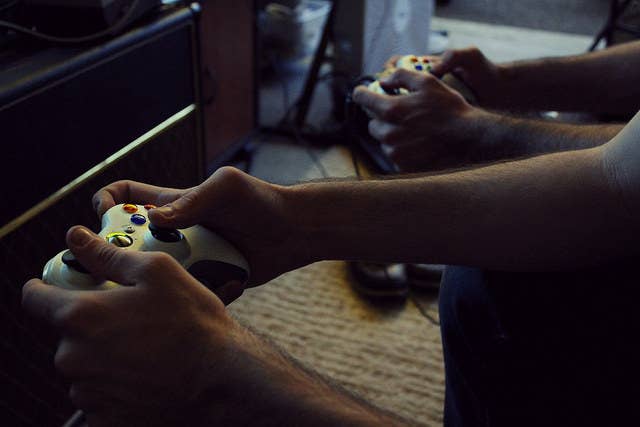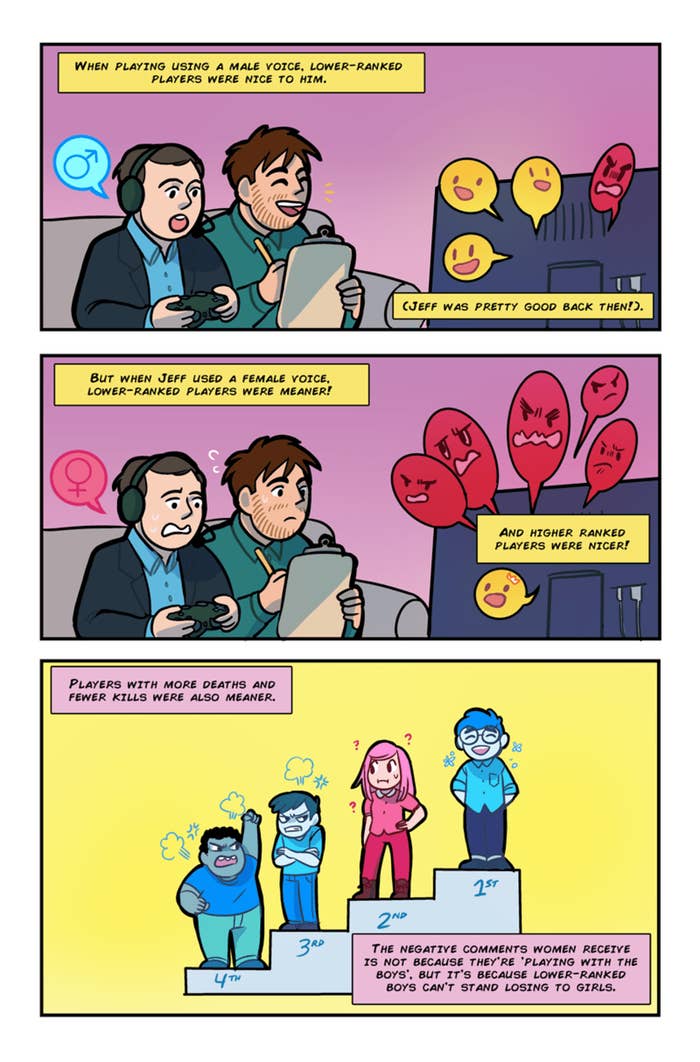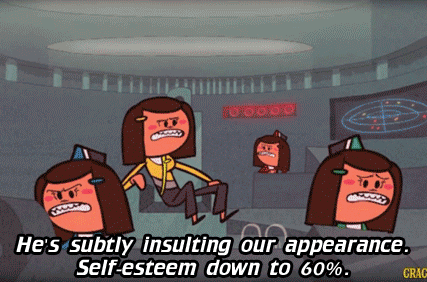A study has found that if you're a man who isn't very good at gaming, you're probably not very good at treating women respectfully either.

To carry out the study, one of the researchers played 163 games of Halo 3, using a female voice for 126 of those games.

The findings were illustrated in this comic by researcher Michael Kasumovic and artist Savanna Ganuchea.

"Lower-skilled players were more hostile towards a female-voiced teammate, especially when performing poorly," the study found.

But what about the men who were good at the game? They were nicer to the female players than the male players.
The way that men treated other men was not affected by their skill level.
"Our results suggest that the women who tend to do better are more likely to become targets from men that are underperforming," Kasumovic told BuzzFeed News.

The researchers acknowledged previous studies that found women were four times more likely to experience negative comments playing online games.

Video games also often contain sexist imagery and violence towards women. While the gaming population is evenly split between the genders, the researchers say first-person shooters are still male-dominated communities.
Of the 189 players they encountered playing Halo 3, none of the players were female.
Kasumovic, whose background is in evolutionary biology, said online harassment is a type of bullying that comes from a fear of being perceived as lower within a hierarchy.
"Bullying tends to remain a viable strategy when hierarchies exist because it allows individuals to increase their status thereby preventing others from rising above them," he wrote in The Conversation.
"Men who are afraid of losing their position in a hierarchy to a woman may be lashing out, leaning on the most stereotypical traits because they have the effect of reducing a woman’s power."
The researchers wrote that this kind of male behaviour in gaming is tied in with "negging", when men try to undermine a woman's confidence to increase their chances of sexual contact.


"A secondary benefit of increased female-directed hostility is that it simultaneously decreases a female’s confidence and perception of her self-worth (i.e. negging) while simultaneously increasing the perception of him being a dominant (i.e. socially valuable) mate," the researchers said.
"Higher-skilled (i.e. more dominant) males do not behave in this manner as there is no need for them to reinforce their dominance to maintain their attractiveness."
They add that there is no scientific evidence that negging works.
The research concluded that evolutionary theory can help explain sexist and bullying behaviour towards women.

